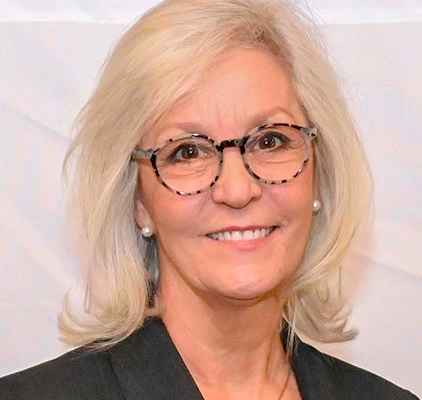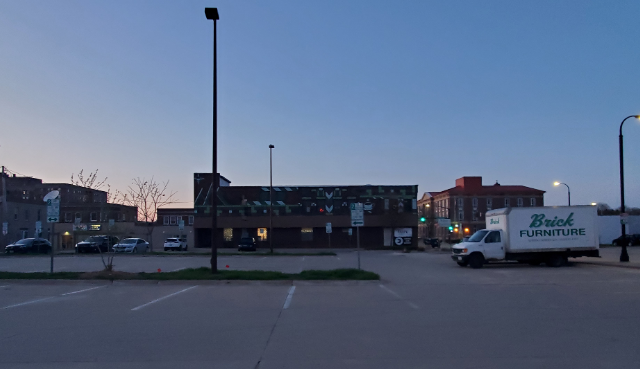Local school psychologist offers advice on helping children through the COVID-19 crisis

MASON CITY — With schools either being closed or being moved to online learning, as well as the constant stream of pandemic updates in the news, how can you make sure children are making sense of the situation?
Central Rivers AEA school psychologist Dr. Dana Miller says it’s important that parents are reassuring and honest with conversations, and that they are also developmentally appropriate. She says kids often hear bits and pieces of information, but not sometimes have a complete understanding. “What we tend to do as people is when we hear bits and pieces, we fill in the blanks with other information that may or may not be factually correct. Oftentimes when children fill in the blanks, they tell themselves a story that is often much worse than what is actually happening. It’s important that when we are talking with children that we are just factually and developmentally appropriate.”
Miller says parents should be asking kids what their feelings are about the situation. “That is probably one of the most important questions we should be asking, because quite frankly their feelings can differ from child to child. Check in and see where they are, and see if they are scared, or anxious, or even upset that they are no longer able to go to school and be around their friends, and then validating that whatever they feel, that is ok. They have the right to feel that and they are not alone in that feeling. Also make sure they understand that adults are feeling very similar things, so we are all in this together.”
Miller suggests sheltering your kids from the news as a way to help curb their anxiety. “Oftentimes when kids are hearing things on the news or through social media, it increases the anxiety they are experiencing for a number of reasons. First, they may not understand exactly what they are saying or what is happening. Second, just the more we repeatedly hear it, the more intense or real those feelings are of the anxiety and fear.”
Miller says parents and caregivers should try to keep kids busy while they are cooped up at home. “When we are talking about kids, just making sure that we have some routine in place so they know what’s coming throughout the day, they know the types of activities they can engage in. Planning some activities with the parents is crucial. When we have a routine, and we’ve upset the routine for our kids that are used to being in school right now, and sometimes there will be some behavioral challenges, and having a routine and making sure children understand what the day is going to bring, it really decreases their anxiety and results in parents, children and caregivers having a good day.”
Miller says there are some good websites that can also offer additional support and advice:
How to talk to children about the COVID-19 Pandemic- National Association of School Psychologists
Supporting Kids During the Coronavirus Crisis– Child Mind Institute
Helping Children Cope During and After a Disaster – CDC
Managing Stress and Anxiety– CDC
Taking Care of Mental Health During the Face of Uncertainty: Protecting Your Mental Health During the Coronavirus Outbreak– American Foundation for Suicide Prevention
Coping with a Disaster or Traumatic Event- CDC




